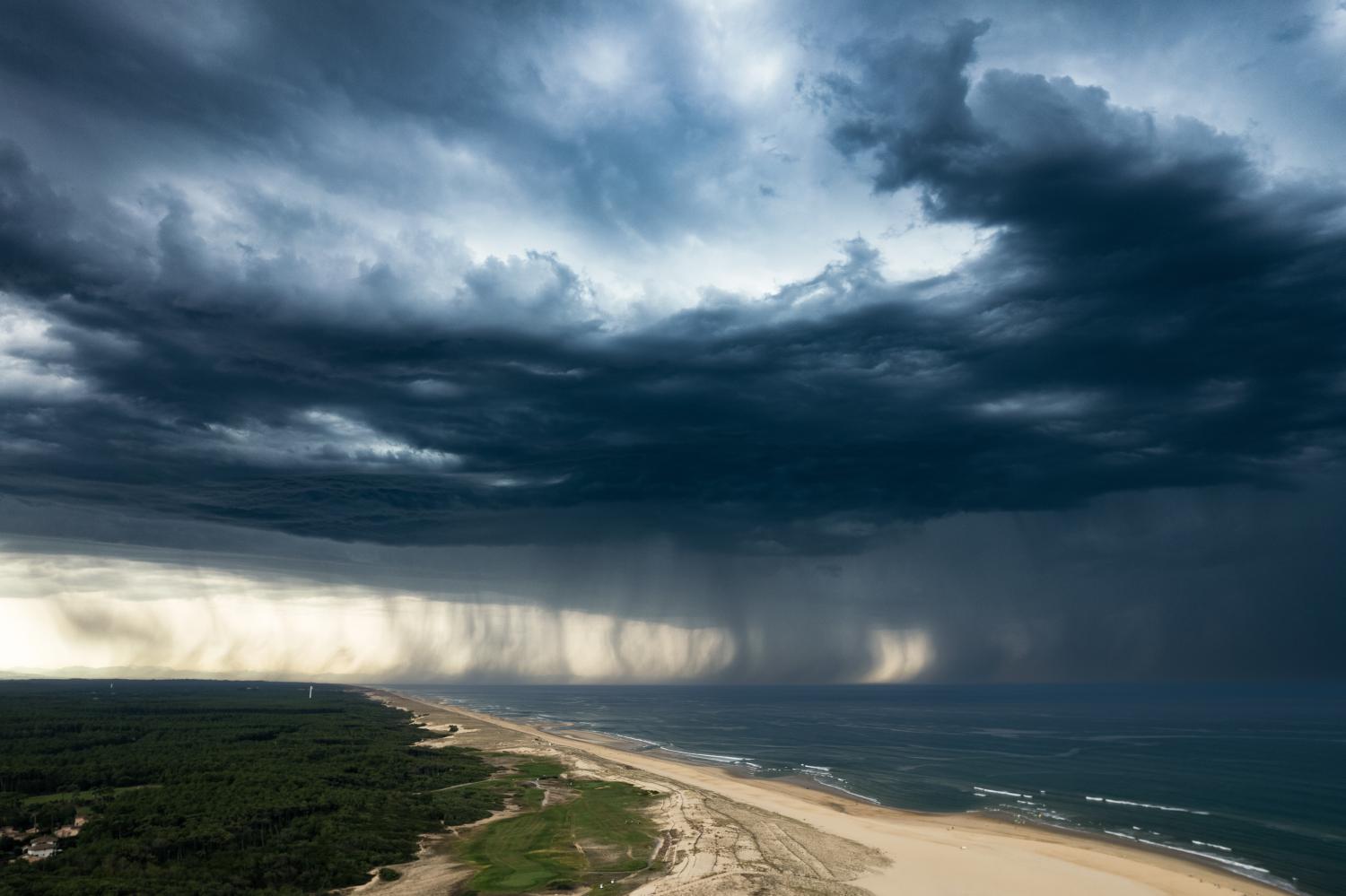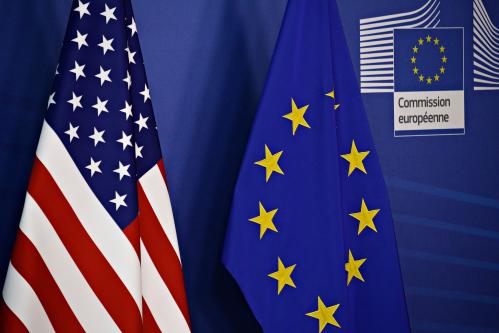Executive summary
Today, the four Atlantic continents – North and South America, Africa, and Europe – are connecting as never before. With little fanfare, the Atlantic Basin is becoming a central arena of globalization and a microcosm of key global trends, including the diffusion of power, deepening interdependencies, and spreading transnational risks. It has rapidly become one of the world’s principal energy reservoirs. It is the world’s most heavily traveled ocean and has become the inland sea to the vast majority of the world’s democracies. The Atlantic data seaway, already the busiest in the world, is building out fast. Pan-Atlantic commercial flows rival, and in such areas as services, investment and digital commerce exceed, those of the Pacific. Never have so many workers and consumers entered the Atlantic economy as quickly as in the past two decades. The Atlantic Ocean plays a pivotal role with respect to changing global climate and weather patterns, and offers the most immediate opportunities for “blue growth” strategies to harvest its riches. Yet the Atlantic Hemisphere is a region of extreme wealth and poverty. Atlantic peoples are on the front lines of global climate change, greater superstorms, and rising sea levels. Together they are threatened by a growing pan-Atlantic nexus of drugs, guns, and terror.
Despite these dynamics, pan-Atlantic governance mechanisms and diplomatic cooperation remain in their infancy. Twenty Atlantic countries recently pioneered a new initiative to explore greater pan-Atlantic cooperation in areas ranging from sustainable development and climate issues to maritime governance and human security. Potentially transformative digital and energy dynamics are also ripe for pan-Atlantic attention. It is time to consider ways to erase the invisible line dividing the South and North Atlantic, so that societies across this vast space are better able to face the new world rising before us.
-
Acknowledgements and disclosures
The author is grateful to colleagues from across the Atlantic hemisphere who have participated in sessions of the Atlantic Basin Initiative and the Jean Monnet Network on Atlantic Studies, and to Constanze Stelzenmüller and other colleagues at the Brookings Center on the United States and Europe. The author is also thankful for administrative, editorial, and layout support from Ted Reinert, Alexandra Dimsdale, and Rachel Slattery.
The Brookings Institution is committed to quality, independence, and impact.
We are supported by a diverse array of funders. In line with our values and policies, each Brookings publication represents the sole views of its author(s).







